Why the Marriott Starwood Merger Wasn’t Smooth
and why it was unrealistic for you to have expected it to be…
Before I get going, I will preface this post by saying that I work in IT. I have for the past ten years. I also happen to have specialized in projects dealing with mergers and acquisitions related technology changes, legacy systems replacement, integration and data migration. I enjoy this tremendously particularly because of all the challenges these circumstances pose to a company, but especially its IT resources.
Clearly, this post is not written from the perspective of a customer. I obviously would have wished this Marriott-Starwood transition to have had fewer kinks for us all to be able to enjoy our regular benefits. I also did not write this post from the perspective of Marriott or Starwood as I do not work for them in any way, nor is this post intended to provide excuses for their shortcomings. It’s simply to bring some factual information from the perspective of someone who knows how these things go.
Why we ended up with multiple loyalty numbers
This one is the simplest to explain. We’re talking about three different companies’ systems coming together. Marriott’s loyalty program issued members a 9-digit loyalty number. Starwood did 11 digits instead. Earlier members, of course, had numbers with fewer digits back when the programs weren’t as popular and had to be padded with zeros to allow for larger number of users. Different programs, different rules, now having to coexist. If they were to just take everyone’s legacy numbers, their system would need to validate for all those three options and realize your 9-digit Marriott number isn’t an 11-digit Starwood number with two missing digits. It would also have to figure out that a Marriott member with 123456789 isn’t the same member as a Starwood member with 00123456789 as their number. Throw in Ritz-Carlton with its own rules and it only gets more complex.
Marriott opted for reissuing new 9-digit reward numbers for everyone -which was incompatible with previous state- and while definitely a pain in the butt, it is the right thing to do for themselves and for all of us too. You would not want to have any more technical issues than you already have if your accounts were to mesh with someone else’s.
Why it takes so long for my information to show on Marriott
Have you ever wondered how it is that Marriott now displays info that used to be on your Starwood account? Well, the way this is achieved is by means of data migration. And for those who don’t speak geek, what it really means is porting all of the data from Starwood’s systems over to Marriott’s. It’s worth noting that, as with any other company, Starwood would have had several systems storing data. Some for your rewards, some to manage reservations, some for their different call centers, etc.
The intricacies of each of those programs makes it extremely hard to make data from system A fit into system B. Different data points, different formats, different validations, different business rules altogether. Think of it as one of those toddler games where they’re supposed to insert the square peg into the square hole. Now, replace the square peg with an irregular, ever-changing, 3D shape and attempt to shove it through a bendy straw. That’s how hard it is.
Why I can do some things but I keep running into issues with others
What it means when we IT people say systems are integrated is very simply put by saying that systems talk to one another. Quite literally. When you use your Marriott app, the rooms you’re being shown are pulled from the system that holds inventory. When you dial the call center and book a room with your points, they’re pulling them from the rewards system. Some of those system integrations are real time, other are batched every so often, and others are purposely delayed as doing anything with too short a cadence is too taxing on the system. That’s why your points from completed stays take a while to post.
What this means for a merger of this size is that old legacy systems (Starwood, Ritz-Carlton) might need to be integrated with the Marriott systems from which that data needs to be displayed. This is of course not a permanent state, as many of those old applications will eventually be sunset. This is throwaway development as it is understood from the get-go that this is simply a temporary solution to keep things running and not a long-lasting situation. As such, changes to the system are done so that the main business scenarios will run smoothly a majority of times, whereas more edge case scenarios might run into issues. This ensures the system maintains business continuity for the bulk of users while human beings are needed to overcome snafus the system cannot handle.
But they had over two years to solve these issues. What gives!
Yes, you are correct. They did have all this time to get their stuff together. But this is the way things usually go. Think about other mergers in our life: Chase and WaMu. Chase and Bank One. TD Bank and Ameritrade. American and US Airways. Delta and Northwest. Alaska and Virgin America. United and Continental. Wachovia and Wells Fargo. Fairmont and Accor. Kimpton and IHG. I could keep going and going. In fact, I worked in many of these and I could tell you not a single one of them went perfectly, and we never expected them to because we knew better.
The only way for all these kinks to be ironed out is for all of us (and them) to stumble upon the issues, get them reported and solved one by one. Yes, it does take time to get the systems to a releasable state (ahem, I see you, August 1st turned August 18th) but it always takes just a bit longer to get things smoothed out after the launch. Feel free to reach out to them. Feel free to keep expecting them not to drop the ball. But at the same time, be a bit more realistic.
- Delta + Northwest, from startribune.com
- United + Continental, from USAToday.com
- Fairmont + Accor, from blog.frequentflyerbonuses.com
- IHG + Kimpton merger, from FTNNews.com
- American + US Airways merger, from CNN.com
- Alaska + Virgin America merger, from Alaska Blog
No Alternative Facts Here
Mergers and acquisitions are messy. Making it all work is even more so. Some transitions are better, some are worse, and some just feel better than others. Some feel so much worse simply because others have planted the expectation that things would work without a single glitch from hour one. Whoever told you the Marriott Starwood merger was gonna be fine was obviously wrong. I don’t blame them. They just don’t have a clue what they’re saying.


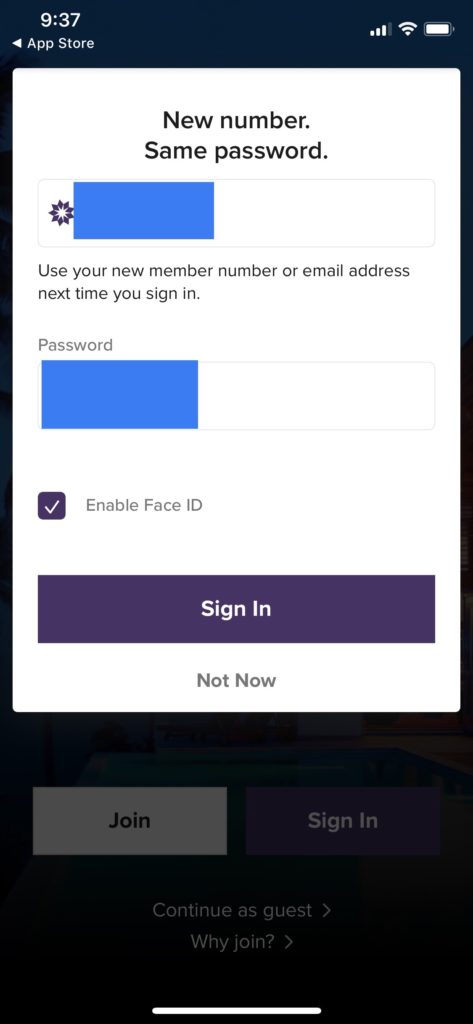

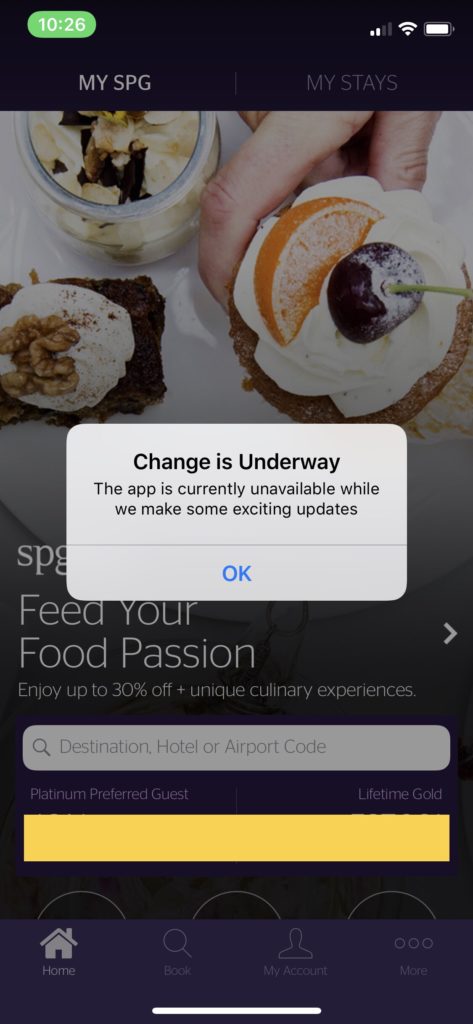
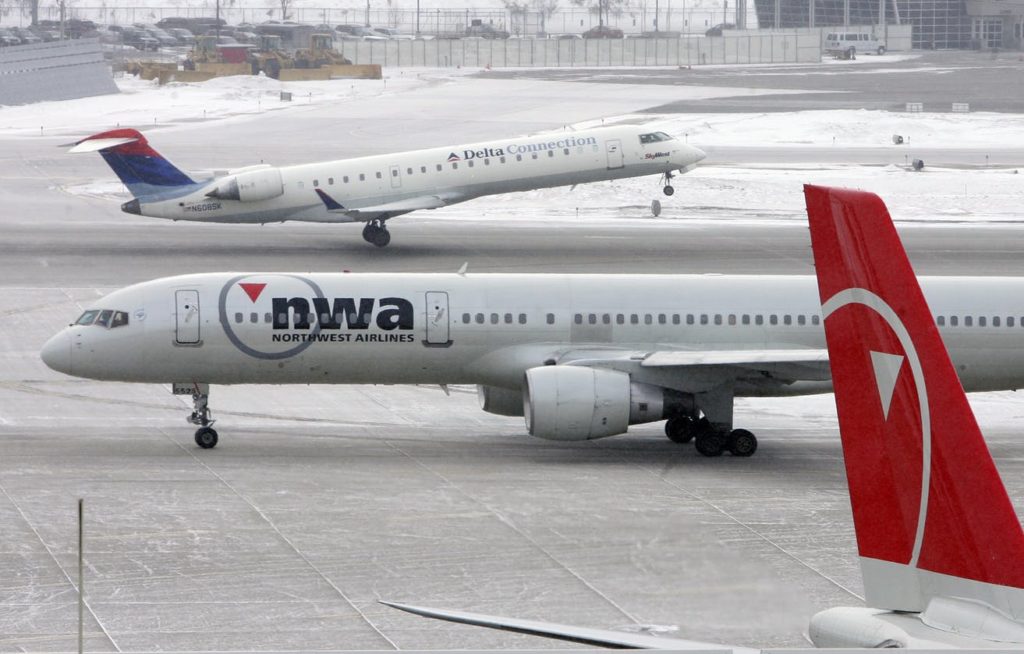
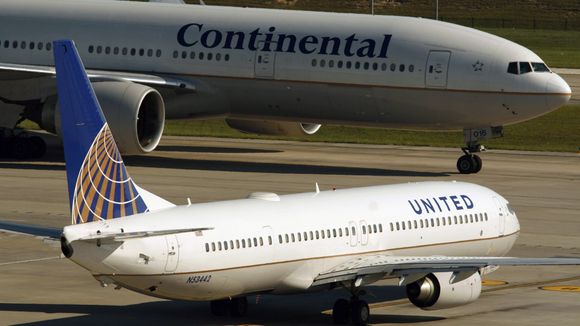


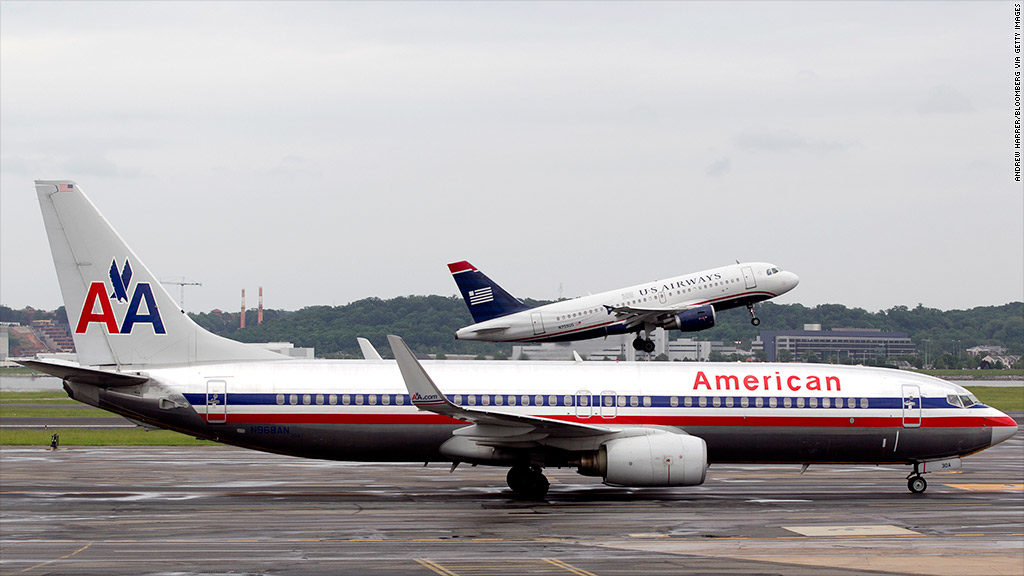
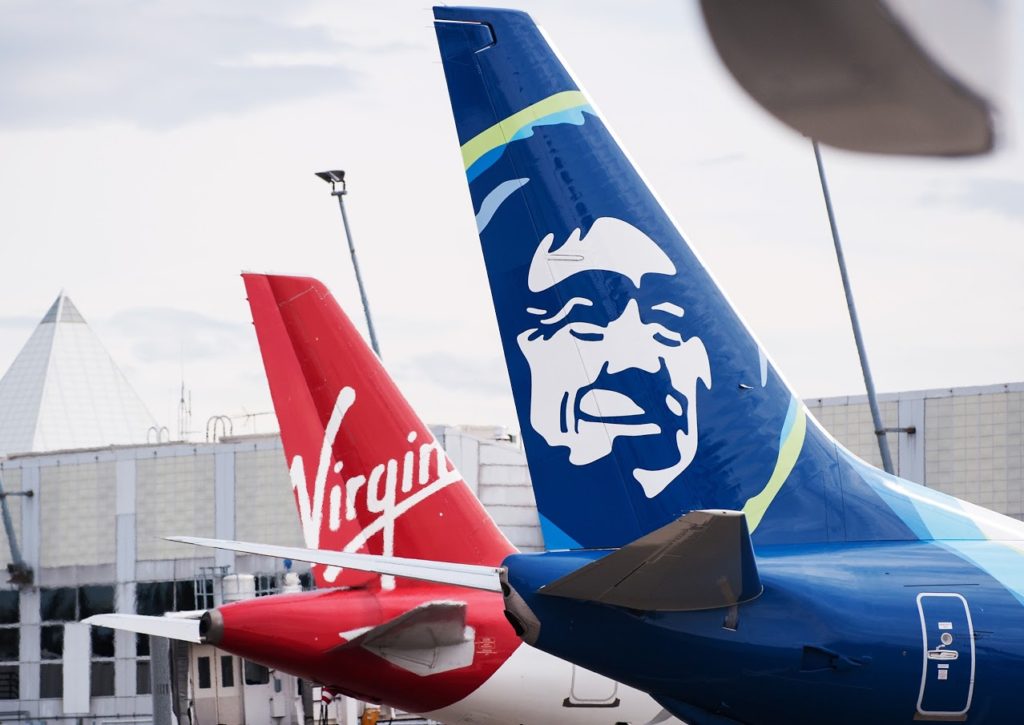





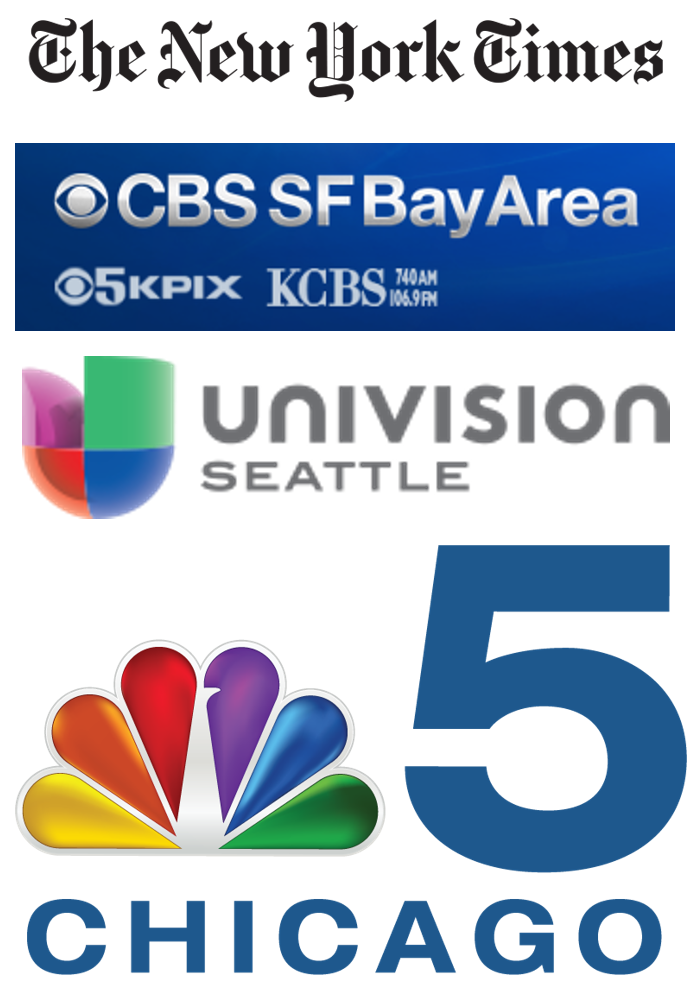
September 18, 2018
Thanks for sharing your experienced perspective. I’m sure plenty will ignore it entirely. But I get it. We’d all like for the IT merger to have gone more smoothly. But life doesn’t work like that. Especially with IT on this scale!
September 18, 2018
Agreed! It will most definitely fall on deaf ears, but I had to get it off my chest! Just a fair warning not to let people convince you this should have gone any other way 👌🏻
September 18, 2018
So if there’s no such thing as a truly smooth merger, why not let people know in advance that you anticipate problems, but won’t know the specifics until the problems actually arrive. That’s clear, concise, and makes you look a lot less stupid when the usual problems do arrive. The other great mystery of this merger was the timing. August 18th? Really? Then, when that doesn’t work, you look even worse. January 1st was the super obvious choice, but instead we got what looks like a really rushed, botched new system where the customer pays the price for the corporation’s ineptitude.
September 18, 2018
Because the communication to customers is never handled by the same people who are in charge of making things work, that’s why. Marketing will never tell you it’s not going to be perfect, that’s what they’re there for. I will however stress that in no way did they botch this transition. The whole point of my post is to say this is perfectly normal. A botched merger would have been your losing all your points and stays, or showing up at a hotel with a reservation they do not have, etc. Yes, they had issues and continue to have them but don’t let anyone convince you this is less than successful.
September 18, 2018
I defer to your experience that this is success. From a customer perspective I’m not sure I agree, but your points are quite reasonable, except regarding the massive communications failures. Those really could have been avoided by just telling people to expect some problems.
September 18, 2018
Oh don’t get me wrong. I don’t disagree with you on that. Marketing will spin it in whatever way it wants to make it sound exceptionally great. My call to action was to never believe them when they tell you so!